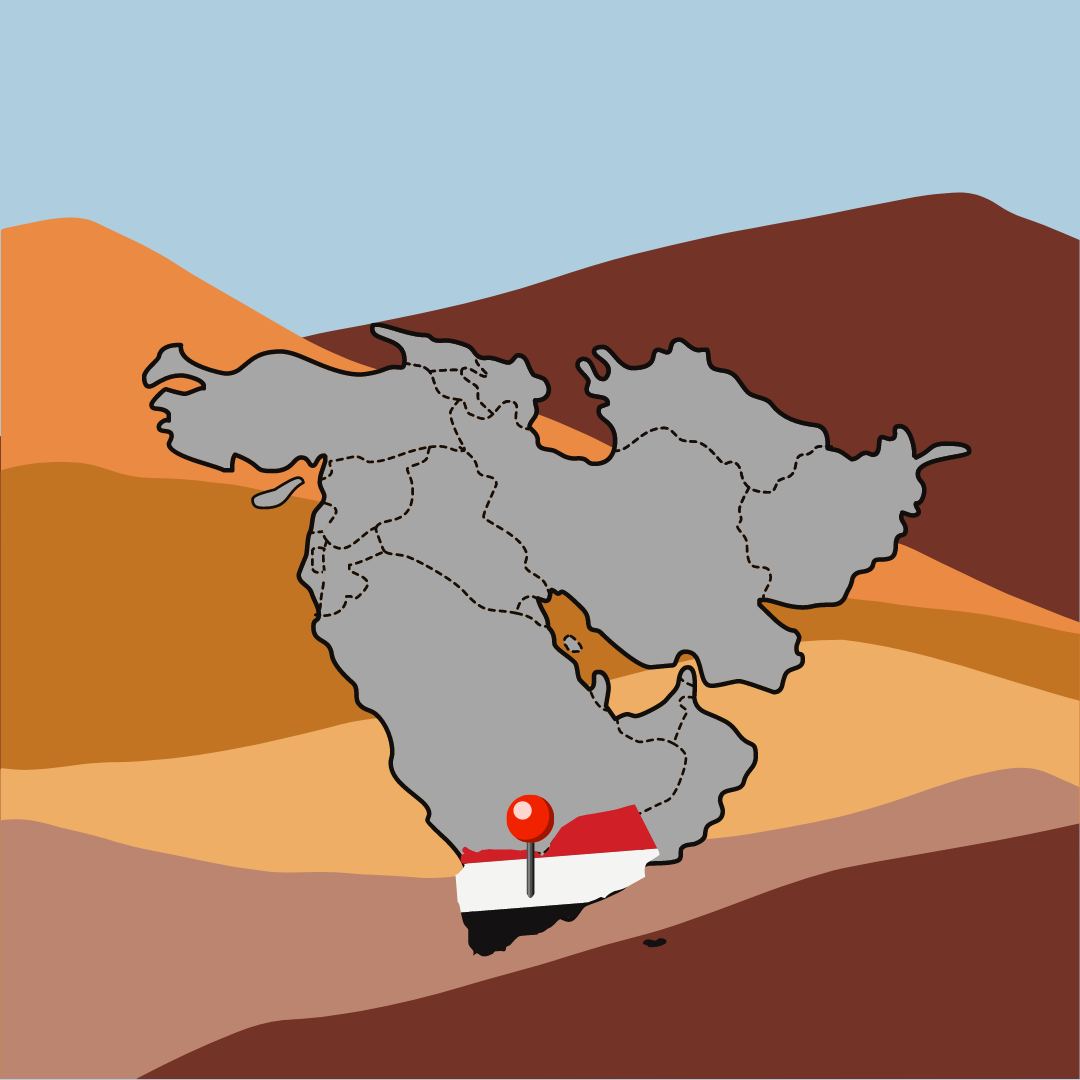Since the war began between Israel and Hamas Oct. 7, the Middle East has entered a period of instability, the likes of which have not been seen since the Arab Spring erupted in December of 2010. This instability means there is great potential for this conflict to spread, something which already seems to be happening.
The Houthis, an Iranian-backed militia group in control of western Yemen, which has been at war with the Yemeni government since 2014, began to launch missiles at ships in the Red Sea near the Bab el-Mandeb Strait since the outbreak of war in Gaza. They claimed to be doing this in solidarity with Palestinians in the Gaza Strip. This area is vital for trade, with an estimated 12% of global trade passing through the Red Sea. Thus, it was inevitable that the actions of the Houthis would cause an international reaction. Since Jan. 11, strikes against the Houthis have been primarily conducted by the American and British militaries in an attempt to allow for regular trade in the Red Sea to continue. However, these have yet to produce the desired effect.
Furthermore, three American troops were killed and 30 were injured in a drone strike by an Iraqi militia backed by Iran on an American base in Jordan Jan. 28. In response to these attacks, strikes were conducted in Syria and Iraq against Iranian-backed militias Feb. 2, a major escalation in direct American involvement.
There are also many nearby places where greater escalation could occur. Tensions in the West Bank, one of the two Palestinian territories, have greatly increased since the start of the conflict, and Hezbollah, an Iranian-backed militia in Lebanon and one of the largest non-state military forces in the world, also has the potential to become more directly involved in the conflict.
As the war escalates and tensions rise, drawing greater international attention, regional players in other parts of the world might try to take advantage of the situation by becoming more aggressive and pursuing territorial expansion. The Ethiopian government has already shown signs of aggression toward its neighbors, and other countries may soon follow suit.
Overall, it is clear the longer the war in Gaza goes on, the more dangerous the world will become, the greater the possibility for escalation will become and the more bloodshed will occur. It is in everyone’s interest that the many negotiators working tirelessly are successful in their attempts to stop the fighting as soon as possible.














































